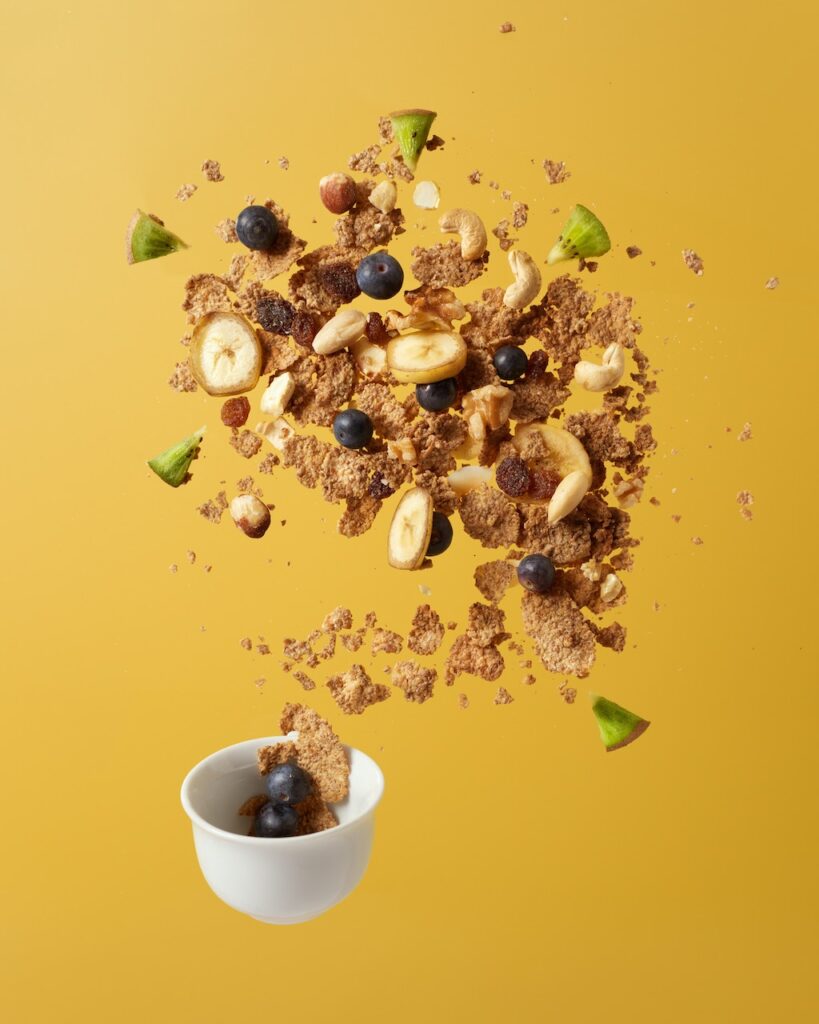
Next in the line-up of nutrient deficiencies are B Vitamins.
B Vitamins are water-soluble vitamins, which means the body absorbs what it needs and then excretes the rest. Unlike fat-soluble vitamins (A, D, E, and K), water-soluble vitamins are not stored for long-term use. Because they aren’t stored, we need to consume them daily via diet or supplementation. B vitamins have an essential role in converting food into energy, supporting metabolism, producing red blood cells, regulating cholesterol metabolism, regulating blood sugar, and supporting the nervous system, and are known for improving the growth of skin/hair/nails.
The B vitamins are:
- B1 (thiamin)
- B6 (pyridoxine)
- B2 (riboflavin)
- B7 (biotin)
- B3 (niacin)
- B9 (folate)
- B5 (pantothenic acid)
- B12 (cobalamin)
Signs of B Vitamin Deficiency:
- Anemia
- Fatigue
- Confusion
- Depression
- Dry, flaky skin
- Mouth sores
- Inflamed tongue
- Gastrointestinal symptoms (e.g., constipation, diarrhea, nausea, and vomiting)
- Numbness and tingling of the extremities
- Restlessness
- Skin Rash
- Weakness
What puts someone at risk for a B vitamin deficiency?
- Vegan Diet.. most Americans get B Vitamins from consuming animal products
- History of weight loss surgery
- Digestive Diseases: Crohn’s, Celiac, IBD/IBS, or other malabsorption diseases
- Alcoholism
- Malnutrition
- Excess coffee consumption
As stated above, animal products like meat (beef liver), fish, eggs, and dairy have high amounts of bioavailable B vitamins. Other plant-based sources include beans, legumes, nuts and seeds, leafy greens, bananas, oranges, mushrooms, sweet potatoes, broccoli, brussel sprouts, green peas, and tomatoes. Nutritional yeast used for cooking contains B12 and is commonly used in a vegan diet.
PSA: Fortified grains are also commonly discussed as a source of B vitamins. However, the B vitamins in fortified grains have been added during processing and are typically synthetic. About a third of the population has difficulty metabolizing certain synthetic B vitamins like folic acid due to a genetic variant. For example, folic acid is the synthetic form of folate (recommended for the prevention of neural tube defects in a fetus in pregnancy). Folic acid is commonly found in fortified cereal, bread, pasta, and many over-the-counter supplements. When you can’t appropriately metabolize, absorb or excrete a supplement, it can have a toxic effect leading to more harm than good. Many over-the-counter vitamins also contain folic acid and other synthetic forms of B vitamins that are not well metabolized and absorbed. At REVIV, we use pharmaceutical-grade supplements that are safe, effective, and well-absorbed by the body
How do you make sure you are getting enough B Vitamins:
Look to see if you have any risk factors listed above
Consume a diet of whole (aka not processed) foods: meat/fish, fruit, and vegetables